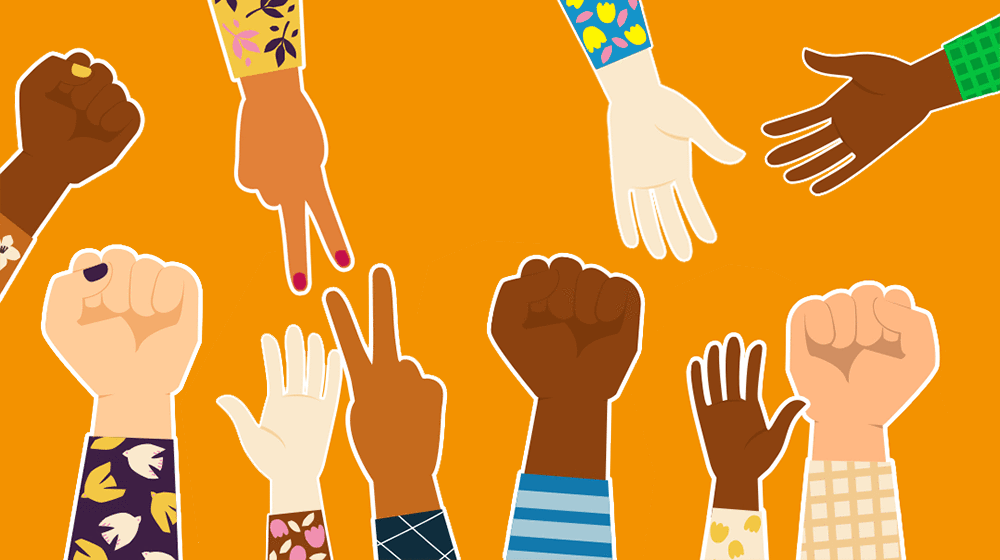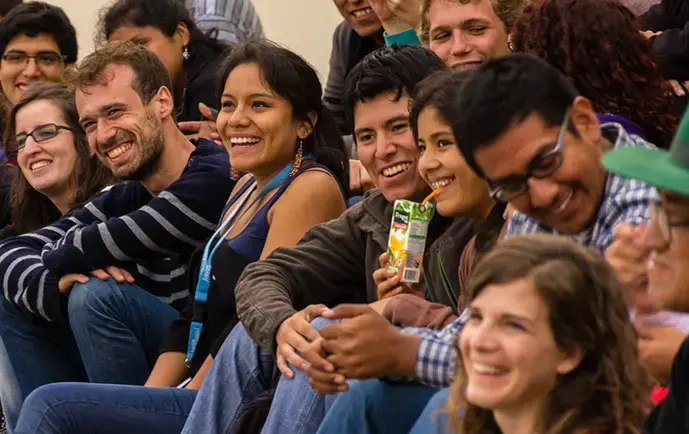UNITED NATIONS, New York / Ashgabat – Officially, the COVID-19 pandemic has sickened 11 million people and left more than half a million dead. But the full toll of this catastrophe has been incalculably greater. Health systems have been overwhelmed. Economies have been shuttered. And women and girls have been disproportionately affected, with reproductive health services being curtailed and gender-based violence on the rise.
Today, 11 July, is World Population Day, a moment to raise awareness of the reproductive health needs of people around the world. This year, UNFPA is calling attention to the needs and vulnerabilities of women and girls amid the global pandemic, and the efforts needed to secure their health and human rights.
“No organization or country can do this alone,” said Dr. Natalia Kanem, UNFPA’s Executive Director, in a statement.
Heightened risks to women
Around the world, women face a variety of heightened risks due to the pandemic.
Front-line health workers – the majority of whom are women – face a direct risk of illness from COVID-19, for instance. But even women and girls outside the health sector can face risks. Those requiring reproductive health services can face anxiety about exposure to the virus while seeking care, or they may forgo care entirely. Other women are not able to receive care at all due to movement restrictions and curbed health services.
Many hospitals and health centres have reported a decline in the number of women and girls receiving critical reproductive health services, including antenatal services, safe delivery services and family planning care.
UNFPA and partners estimate that six months of significant health service disruptions could result in 47 million women in low- and middle-income countries going without contraceptives, leading to an additional 7 million unintended pregnancies. The number of maternal deaths is expected to increase.
UNFPA is working to sustain continued access to reproductive health services and supplies.
In Turkmenistan, UNFPA supports the Government within the framework of the Joint UN and Government Socio-Economic Recovery Plan and the National Preparedness and Response Plan of Turkmenistan for Acute Infectious Disease.
UNFPA provides a technical assistance to the Ministry of Health and Medical Industry in updating the policy regulations on COVID-19 preparedness, including sanitation, personal protection, COVID-19 case management among women, specifically on principles of safe care during pregnancy, childbirth and breastfeeding.
UNFPA also supports the health sector in procurement of the medical and sanitation supplies, as well as ensuring that the 95 reproductive health rooms countrywide do not experience a stock-out of the contraceptives. In March this year, UNFPA procured 8,000 vials of modern injectable contraceptives Sayana Press to meet the family planning needs of the most vulnerable women of reproductive age across the country.
http://www.Yashlyk.info website, operated by UNFPA Turkmenistan has been a reliable source of information for young people and their parents in Turkmen language. The site features a rubric on COVID-19 and offers World Health Organization’s recommendations on promoting healthy behavior at schools, home and community, sharing the correct information to promote prevention, as well as staying safe and positive.
Gender-based violence
Rising household tensions, exacerbated by economic pressures and movement restrictions, are sparking violence around the world. Women sheltering at home with their abusers often have nowhere to turn. And new forms of violence may be increasing, including cyber violence.
UNFPA estimates that six months of lockdowns could lead to 31 million additional cases of gender-based violence, and an additional 15 million more cases for every three months the lockdown continues.
To make matters worse, access to shelters and in-person counselling has been limited by the pandemic. UNFPA and partners are working to continue services for survivors wherever possible, and to increase remote operations.
UNFPA continues to support the Government of Turkmenistan in establishing a multi-sectoral response to gender-based violence and works closely with the healthcare, police and social sectors in the development of the standard operating procedures. These procedures will play a critical role within this system in ensuring that gender-based violence affected women and girls get access to essential services and providing a human-rights based, women-centered support.
The world must redouble such efforts, Dr. Kanem said: “As the global community comes together in solidarity to survive this pandemic, we lay the foundation for more resilient, gender-equal societies and a healthier, more prosperous future for all.”
For more information, please contact:
Ene Tuyliyeva, Youth and Communications
National Programme Associate
+99312 488325
www.instagram.com/unfpa_turkmenistan
imo: +99362 833158




